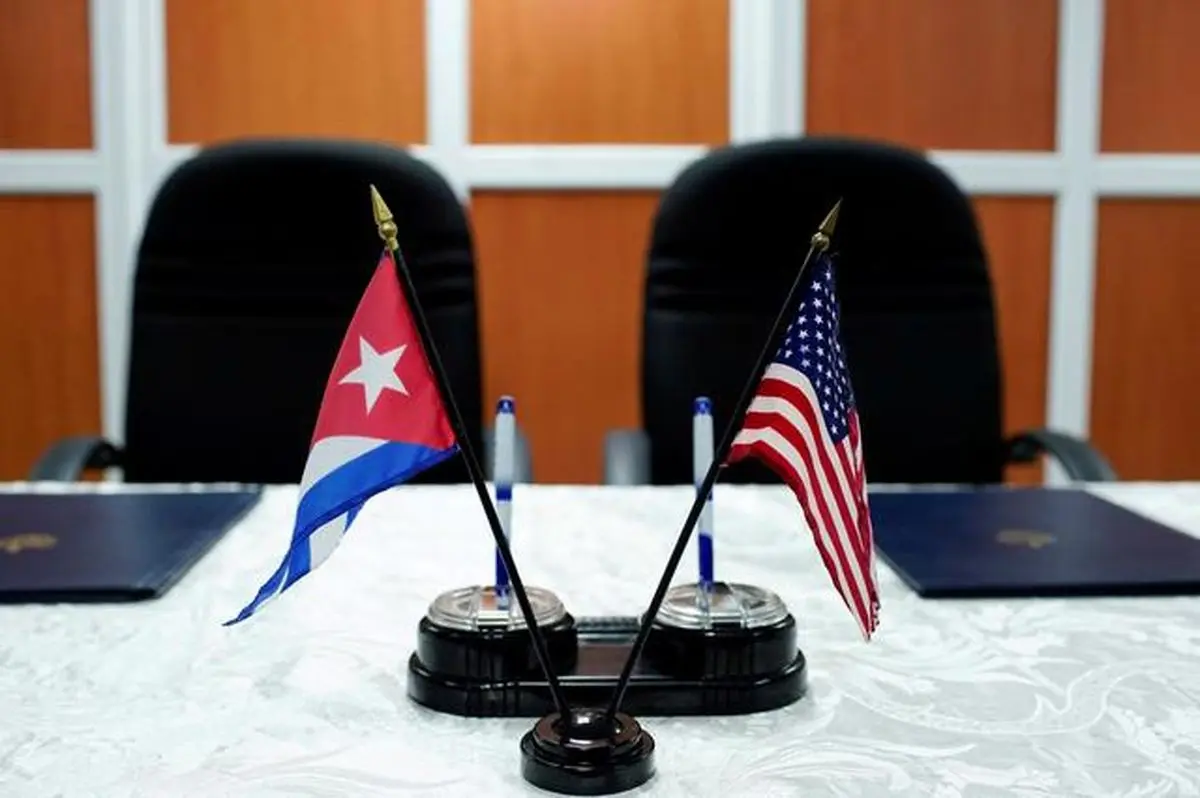In major shift, Trump to allow lawsuits against foreign firms in Cuba

The Trump administration will allow lawsuits in U.S. courts for the first time against foreign companies that use properties confiscated by Communist-ruled Cuba since Fidel Castro’s revolution six decades ago, a senior U.S. official said on Tuesday.
The major policy shift, which will be announced on Wednesday, could expose U.S., European and Canadian companies to legal action and deal a blow to Cuba’s efforts to attract more foreign investment. It is also another sign of Washington’s efforts to punish Havana over its support for Venezuela’s socialist president, Nicolas Maduro.
President Donald Trump’s national security adviser, John Bolton, will explain on Wednesday the administration’s decision in a speech in Miami and announce new sanctions on Cuba, Venezuela and Nicaragua, countries he has branded a “troika of tyranny,” the official said, speaking on condition of anonymity.
It is unclear, however, whether such property claims will be acceptable in U.S. courts. The European Union has already warned it could lodge a challenge with the World Trade Organization.
“The extraterritorial application of the U.S. embargo is illegal, contrary to international law and I also consider it immoral,” EU ambassador to Cuba Alberto Navarro said in Havana.
Trump threatened in January to allow a law that has been suspended since its creation in 1996, permitting Cuban-Americans and other U.S. citizens to sue foreign companies doing business in Cuba over property seized in decades past by the Cuban government.
Title III of the Helms-Burton Act had been fully waived by every president over the past 23 years due to opposition from the international community and fears it could create chaos in the U.S. court system with a flood of lawsuits.
The complete lifting of the ban could allow billions of dollars in legal claims to move forward in U.S. courts and likely antagonize Canada and Europe, whose companies have significant business holdings in Cuba.
It could also affect some U.S. companies that began investing in the island, an old Cold War foe, since former President Barack Obama began a process of normalizing relations between the two countries from the end of 2014.
The Cuban government did not immediately respond to a request for comment. But the country’s National Assembly, meeting over the weekend, declared the Helms-Burton Act “illegitimate, unenforceable and without legal effect.”
Cuban President Miguel Diaz-Canel said in a speech on Saturday that the United States “has pushed the precarious relations with our country back to the worst level ... trying to activate the hateful Helms-Burton Law, which aims to return us in principle to ... when we were a slave nation of another empire.”
U.S.-Cuban relations have nosedived since Trump became president in early 2017. A six-decade U.S. economic embargo on Cuba has also remained officially intact.
END
